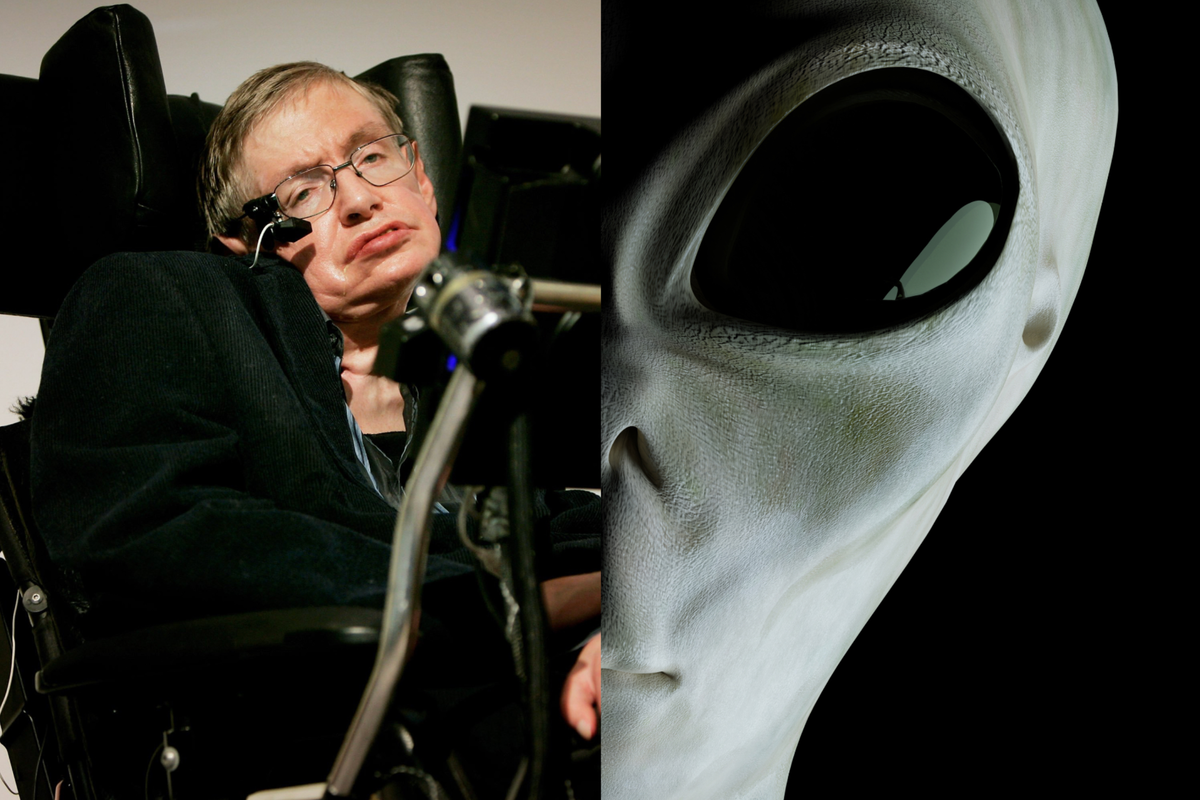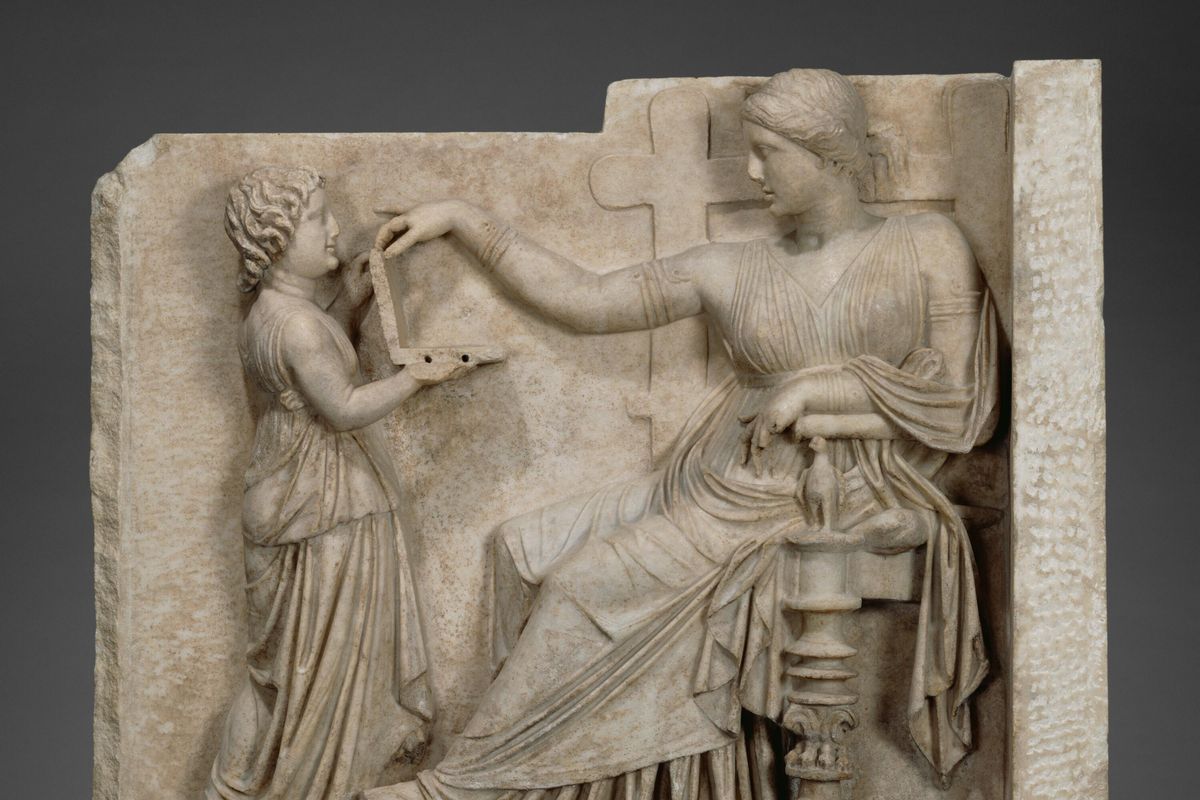Moya Lothian-McLean
May 15, 2020

iStock
The government recently announced plans re-open schools from 1 June.
Their plan has been met with scepticism about its safety, particularly concerning declarations that young children would have to “socially distance”.
Teachers have called the proposals “unworkable” and “not realistic”.
Teaching unions have now warned that teachers can legally refuse to return to work on 1 June as it could pose a significant health risk.
But there’s been a pushback from certain sectors, trying to create a different narrative in which “magnificent” teaching staff are “desperate” to return to the classroom and “be heroes”, with only “militant unions” standing in their way (by urm, trying to make sure they have safe working conditions).
Wartime metaphors are familiar ground during this pandemic: overnight NHS hospitals became the “frontline”, while doctors and nurses were suddenly transformed into “heroes” making the “ultimate sacrifice”
There’s already been resistance to that particular effort, spearheaded by government rhetoric.
Critics say it positions the deaths of key workers as an inevitable result of their line of work and almost normalises the situation.
A mental health guide published in the European Health Journal recently advised against using such language to describe NHS staff, explaining that it could add to psychological strain.
“The ‘hero’ and ‘angel’ tropes which we see bandied about are also highly problematic because they make it look as if people signed up to die, like a hero does, but they didn’t,” said Dr Esther Murray, a contributor to the guide.
It also makes it harder for NHS staff to talk about how they really feel because opinions get polarised – are you a hero or a coward?
A lot of staff feel like cowards but they are not at all, they’re just quite justifiably frightened and angry.
Now the attempt to apply similar rhetoric to teachers has met with a worried reception from many who fear that it serves to put teaching staff in a position where they cannot uphold their legal rights without social pushback.
Author Matt Haig was concerned at the attempt to portray teaching unions as “militant”.
Others pointed out that suggesting teachers would be “heroes” for returning to the classroom implied it posed a risk to their health.
There was further analysis of the linguistic power of “heroes”.
And there was a pointed comparison of the change in messaging.
Teachers themselves said they didn’t want to be heroes – they just wanted to be teachers.
Lesson of the day: emotive language is extremely powerful. Be careful how you use it.
Top 100
The Conversation (0)












